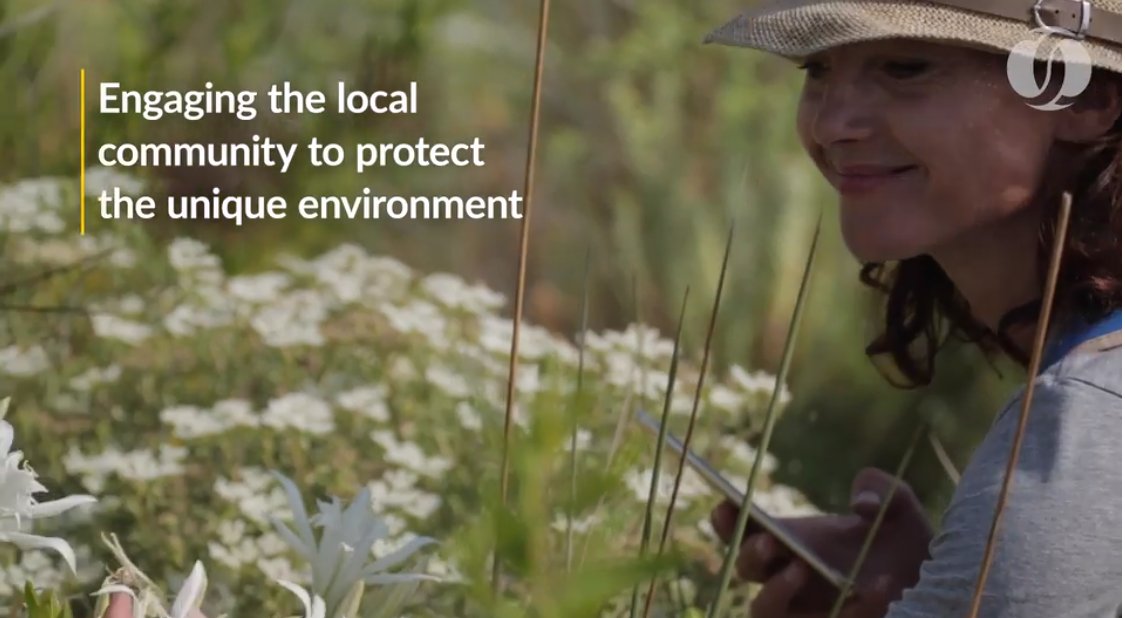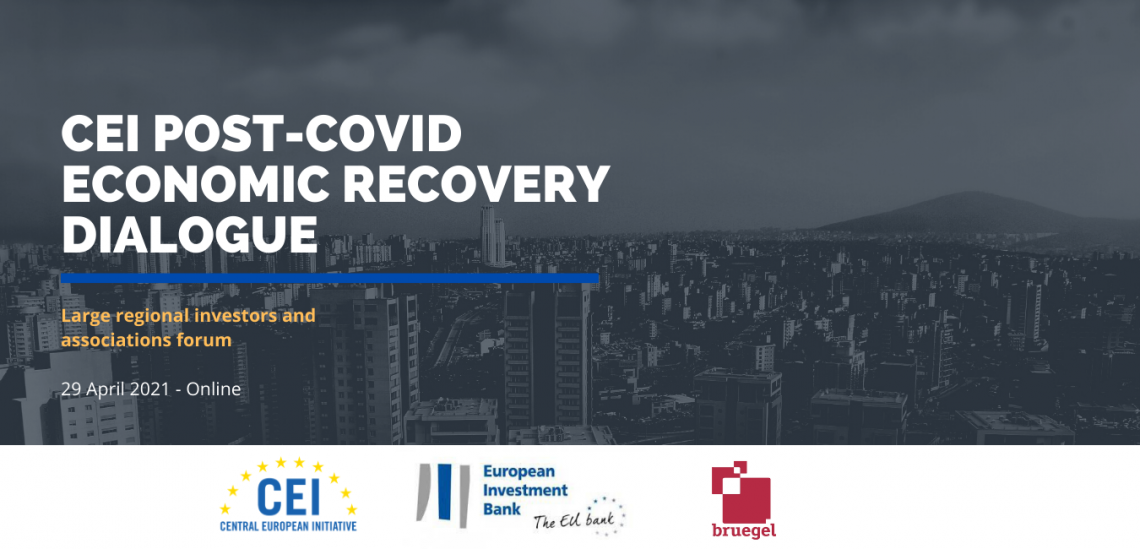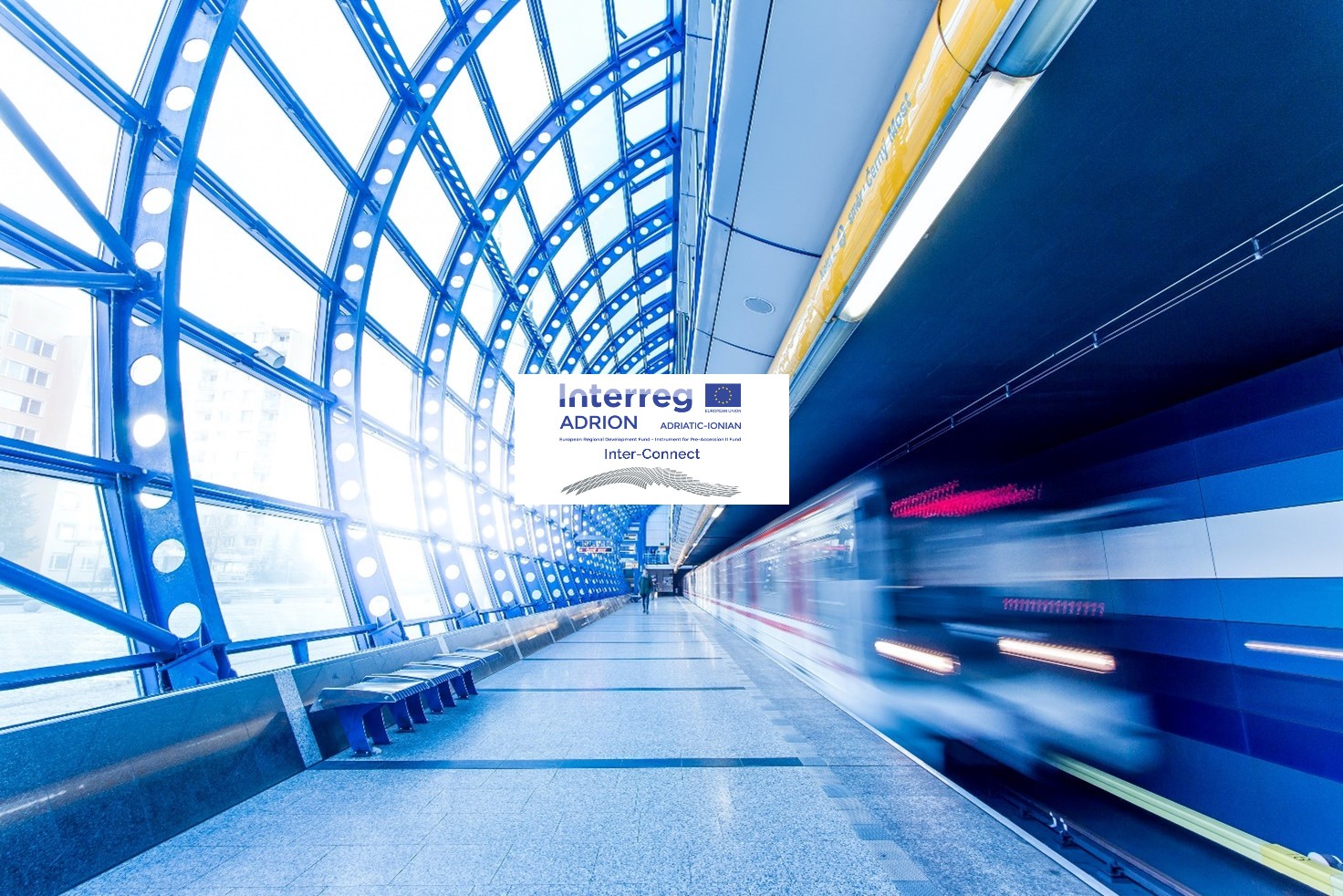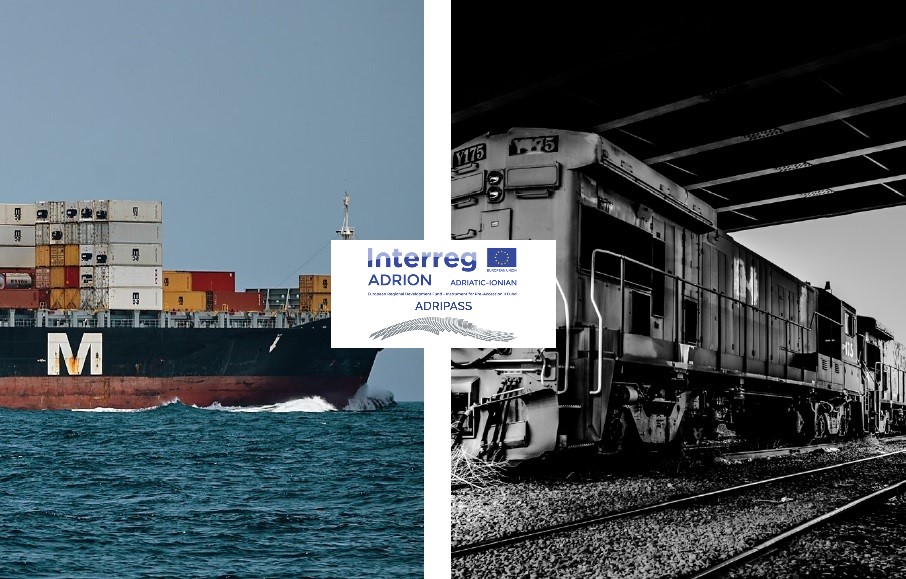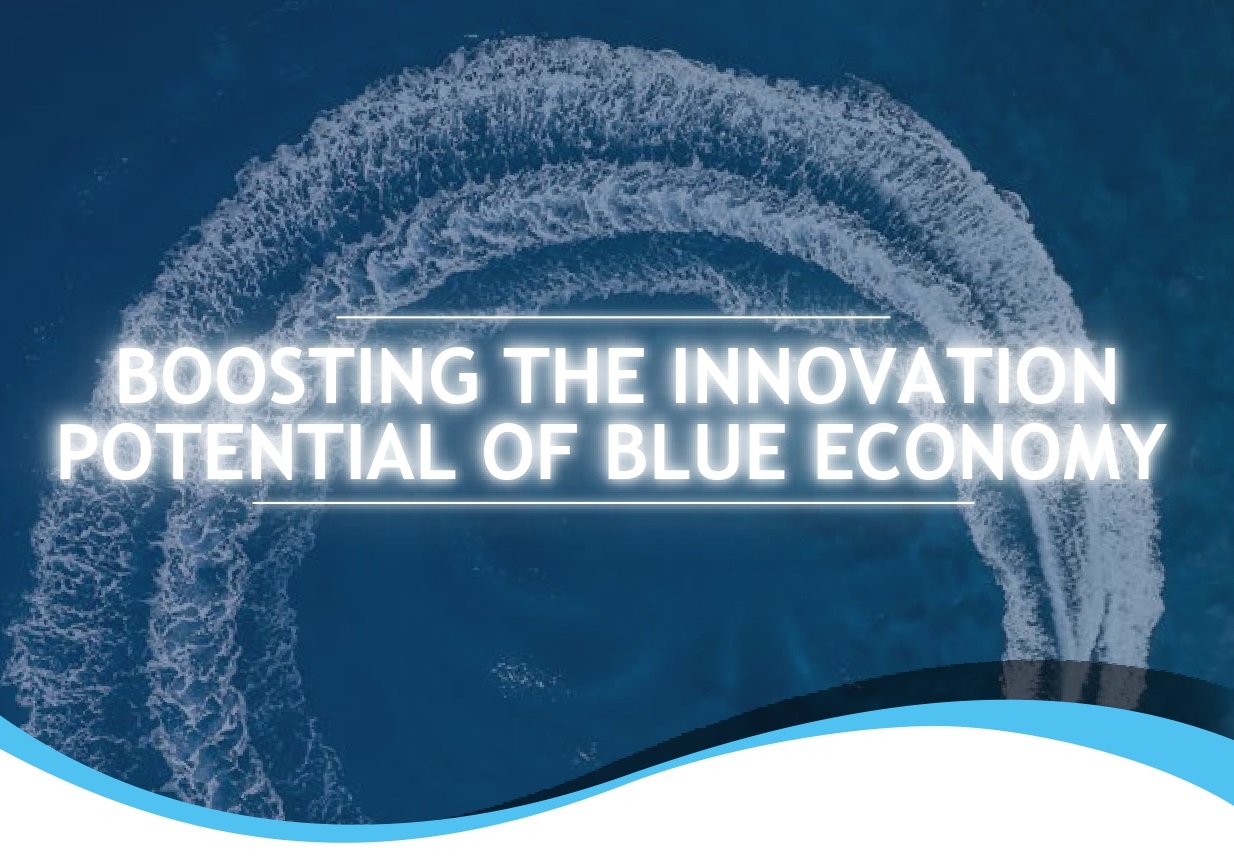The ACROSSEE Project aims at establishing a large and coherent platform that will contribute to rationalising and optimising the existing transport network in South-East Europe (SEE). It is promoted by the CEI through its Secretariat as Lead Partner, in cooperation with 24 partner institutions from 13 countries and co-financed by the SEE transnational programme.
In the framework of ACROSSEE, a workshop was held on 3 April in Brussels, at the European Parliament, to present the main objectives and results achieved so far as well as to discuss effective strategies for supporting European integration through regional cooperation in the field of transport. Easing up transport red tape and cross-border bottlenecks, which are major obstacles to unleashing SEE’s economic potential, were among the suggested solutions.
The event was attended by members of the European Parliament (Transport Committee), representatives of the European Commission (Directorates General for Regional Affairs Policy and Mobility & Transport), Ministries of Transport and Infrastructure (Austria, Croatia, Italy), Regions (Friuli Venezia Giulia, Veneto and Smolyan), Universities (Venice International University and the Polytechnic University of Bucharest), Chambers of Commerce (Belgrade, Venice and Trieste) and other relevant stakeholders from the South East Europe (SEE) Region.
A technical and coordination meeting between the ACROSSEE Project and the “Regional Balkans Infrastructure Study” (REBIS) took take place at the CEI Headquarters in Trieste, Italy on 7 April 2014.
The REBIS Study focuses on the development of a multi-modal Core Transport Network for the Balkan region.
Given the common topics addressed by both activities, the meeting, attended by representatives of the European Commission, the World Bank and SEETO, was deemed essential to compare the methodologies and preliminary results obtained so far and establish the institutional and organisational framework for identifying synergies and data exchange between ACROSSEE and REBIS.
The representatives of the European Commission and Italy’s Transport Ministry addressed the main priorities and challenges of European Territorial Cooperation, especially in the Danube area Region, and the impact of the new Trans European Transport Networks (TEN-T).
The on-going ACROSSEE activities aimed at identifying short-term measures to be applied at Cross Border Points, which will facilitate transport and trade by reducing the time spent at border crossings, were particularly addressed. The effects measures of this kind may have on the development of the Trans European Transport Networks (TEN-T), to be tested and highlighted through transport model simulations over the next weeks, were also touched upon.
A promotional video of the ACROSSEE project available here
For more information: www.acrossee.net - cozzi@cei.int
In the framework of ACROSSEE, a workshop was held on 3 April in Brussels, at the European Parliament, to present the main objectives and results achieved so far as well as to discuss effective strategies for supporting European integration through regional cooperation in the field of transport. Easing up transport red tape and cross-border bottlenecks, which are major obstacles to unleashing SEE’s economic potential, were among the suggested solutions.
The event was attended by members of the European Parliament (Transport Committee), representatives of the European Commission (Directorates General for Regional Affairs Policy and Mobility & Transport), Ministries of Transport and Infrastructure (Austria, Croatia, Italy), Regions (Friuli Venezia Giulia, Veneto and Smolyan), Universities (Venice International University and the Polytechnic University of Bucharest), Chambers of Commerce (Belgrade, Venice and Trieste) and other relevant stakeholders from the South East Europe (SEE) Region.
A technical and coordination meeting between the ACROSSEE Project and the “Regional Balkans Infrastructure Study” (REBIS) took take place at the CEI Headquarters in Trieste, Italy on 7 April 2014.
The REBIS Study focuses on the development of a multi-modal Core Transport Network for the Balkan region.
Given the common topics addressed by both activities, the meeting, attended by representatives of the European Commission, the World Bank and SEETO, was deemed essential to compare the methodologies and preliminary results obtained so far and establish the institutional and organisational framework for identifying synergies and data exchange between ACROSSEE and REBIS.
The representatives of the European Commission and Italy’s Transport Ministry addressed the main priorities and challenges of European Territorial Cooperation, especially in the Danube area Region, and the impact of the new Trans European Transport Networks (TEN-T).
The on-going ACROSSEE activities aimed at identifying short-term measures to be applied at Cross Border Points, which will facilitate transport and trade by reducing the time spent at border crossings, were particularly addressed. The effects measures of this kind may have on the development of the Trans European Transport Networks (TEN-T), to be tested and highlighted through transport model simulations over the next weeks, were also touched upon.
A promotional video of the ACROSSEE project available here
For more information: www.acrossee.net - cozzi@cei.int

